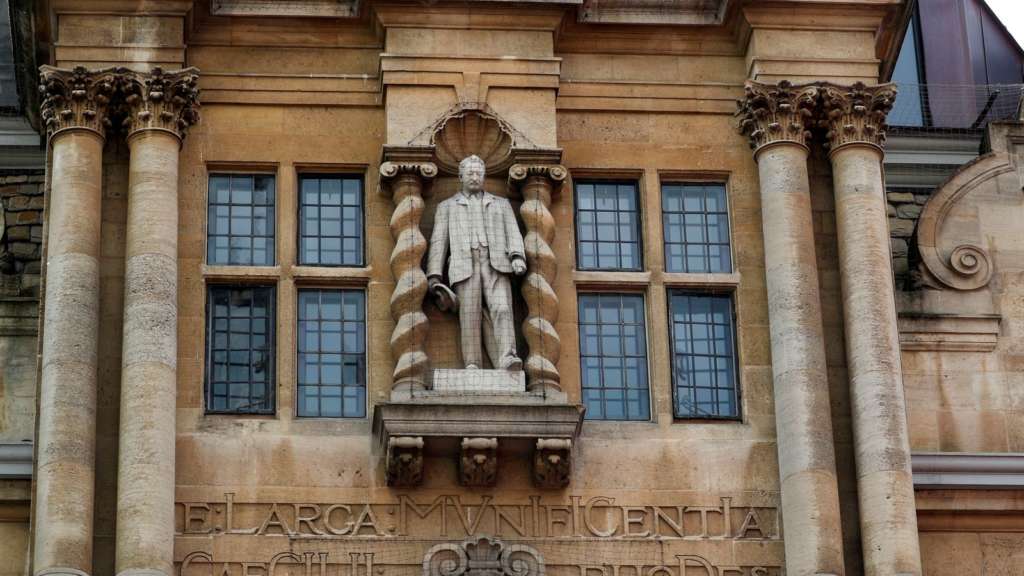The vice chancellor of Oxford University has chastised academics for choosing to “punish students” by refusing to give tutorials to students in protest of the decision not to remove a statue of colonialist Cecil Rhodes.
More than 100 lecturers are boycotting requests to teach undergraduates at Oriel College, which has been accused of “institutional racism” after its governing body stated that the controversial British imperialist monument outside the building would not be moved. Academics have also agreed not to assist the college with outreach or admissions interviews, or to speak at talks, seminars, or conferences sponsored by the college.
Professor of geography Danny Dorling, one of the academics behind the boycott, stated, “Having your university associated with a statue of a racist is deeply upsetting and smears the entire university.”
However, Vice-Chancellor Professor Louise Richardson of the University of Oxford said she was “deeply disappointed” that some of her colleagues would disrupt students’ learning in protest.
And Downing Street has already warned that students whose classes have been disrupted by the protests may be entitled to compensation. According to a No. 10 spokesman, universities have a responsibility to provide high-quality instruction, and the government expects “appropriate action” to be taken if that is disrupted.
“Faced with Oriel’s stubborn attachment to a statue that glorifies colonialism and the wealth it produced for the college, we feel we have no choice but to withdraw all discretionary work and goodwill collaborations,” the boycott organizers said in a statement. “The collegiate university can only effectively and credibly work to eradicate racism and address the ongoing effects of colonialism today if all the colleges do so.”
In June of last year, an independent inquiry into Rhodes’ legacy was established. It came after Oriel College’s governing body “expressed their wish” to have the monument removed.
However, the college decided last month not to demolish the statue, citing “considerable obstacles” such as time and cost. The decision was branded “an act of institutional racism” in a statement from the Rhodes Must Fall campaign.

